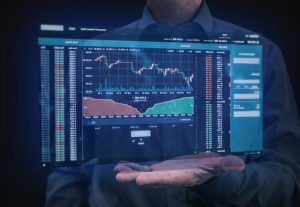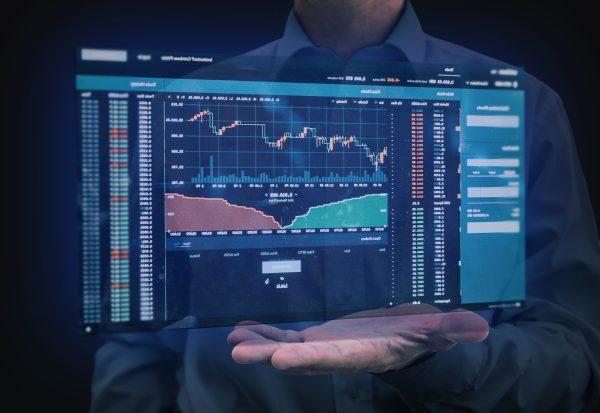
Forex trading, also known as foreign exchange trading, is the buying and selling of currencies in the global market. It is the largest financial market in the world with a daily trading volume of over $5 trillion.
Forex trading can be a lucrative way to make money, but it is important to understand the basics before getting started.
How Does Forex Trading Work?
Forex trading works by exchanging one currency for another in the hope of making a profit. For example, if you believe that the value of the euro will rise compared to the US dollar, you would buy euros with US dollars. If the value of the euro does rise, you can then sell the euros for more dollars than you initially paid, making a profit.
Forex trading is typically done through a broker, who acts as an intermediary between you and the market. The broker will provide you with a trading platform that allows you to buy and sell currencies in real-time. You can place orders to buy or sell a particular currency pair at a certain price, and the broker will execute the trade for you.
It is important to note that forex trading involves a high degree of risk, and there is no guarantee that you will make a profit. The market is highly volatile and can fluctuate rapidly in response to economic and political events. It is essential to have a solid understanding of the market and to develop a trading strategy that takes into account your risk tolerance and financial goals.
Factors That Affect Forex Trading
Forex trading is influenced by a variety of factors, including economic indicators, political events, and market sentiment. Some of the key factors that can affect the value of a currency include:
- Interest Rates: Interest rates can have a significant impact on currency values. Higher interest rates tend to attract foreign investment, which can lead to an increase in the value of the currency.
- Economic Data: Economic data such as GDP, inflation, and employment figures can impact currency values. Strong economic data can boost the value of a currency, while weak data can lead to a decline in value.
- Political Events: Political events such as elections, policy changes, and geopolitical tensions can affect currency values. For example, if a country experiences political instability, it can lead to a decline in the value of its currency.
- Market Sentiment: Market sentiment, or the overall feeling of traders and investors about the market, can impact currency values. If traders believe that a particular currency is overvalued or undervalued, it can influence the price.
Forex trading can be a rewarding and exciting way to invest in the global economy. However, it is important to work with a reputable broker who can provide traders with the tools and support they need to succeed in the market. Traders must have a solid understanding of the market and develop a trading strategy that takes into account their risk tolerance and financial goals. With the right approach, forex trading can be a lucrative way to make money in the financial markets.





